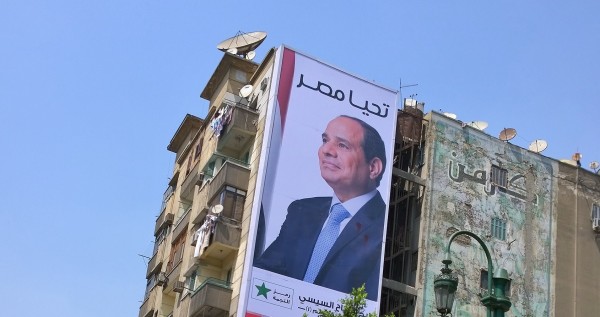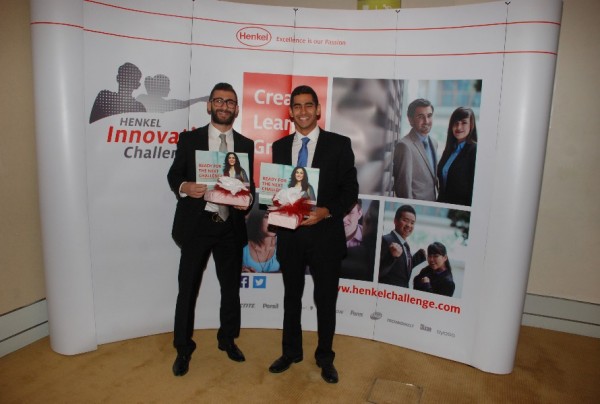Polls show favorable opinion of El-Sisi, but some students remain skeptical
![Most Egyptians appear ready to give El-Sisi time to set the country back on track [Archives]](http://www.auccaravan.com/wp-content/uploads/2014/10/Abdel-Fattah-e1412830709158.jpg)
A number of different public opinion polls appear to indicate that most Egyptians are prepared to give President Abdel-Fattah El-Sisi time to implement his road map for a reinvigorated nation.
According to the Egyptian Center for Public Opinion Research (Baseera), 82 per cent of Egyptians approve of El-Sisi’s performance. Of these 82 per cent, 58 per cent say they highly approves of his tenure thus far.
On the other hand, the Ibn Khaldun Center for Development Studies reported that 61 per cent of Egyptians are satisfied with El-Sisi’s performance while 28 percent remained undecided and 11 percent said they were not satisfied, .
Maye Kassem, Associate Professor of Comparative Politics, finds Ibn Khaldun Center’s results interesting because El-Sisi is still extremely popular and people seem to have faith in him.
She added that Egyptians are giving him time to show progress, which is something they really didn’t afford to deposed President Mohamed Morsi.
After three years of instability and economic challenges impeded develop- ment in Egypt, El-Sisi turned to the New Suez Canal project as means to both inspire the country and launch an initiative that would reap financial benefit in the future.
The idea of the whole nation cooperating to rebuild a new Egypt has captured the imagination and energy of people to work hard.
“It’s amusing how people reacted; they feel he’s taking them in the right direction for development and stability,” said Kassem.
But Adel Beshai, professor and director of graduate studies in the Economics department, feels very optimistic about El-Sisi’s plans for developing Egypt.
He believes that El-Sisi has the ability to communicate with Egyptians.
Beshai added that the Suez Canal project is going to be a landmark in the history of Egypt and that “from an economic point of view, this project couldn’t be better”.
Students on campus, however, remain critical of El-Sisi’s first 100 days.
Omar Khaira, Economics junior, describes the Suez Canal project as a “publicity stunt” with no actual economic impact on Egypt.
On the other hand, El-Sisi took important economic decisions including fuel subsidy cuts and price increases on some goods including tobacco and alcohol.
These decisions not only risked his popularity but also the willingness of the people to collaborate with him to implement such belt-tightening reforms.
“The best thing he did is cutting the oil subsidies,” Khaira added.
Saif El-Deeb, a Graphic Design student thinks “El-Sisi’s decisions are a first step to a positive change.”
But Mohammed Seif ElDin, an Integrated Marketing Communication student, has a more critical opinion of the new administration.
“The government under El-Sisi’s rule lacks honesty, and they keep coming up with excuses to cover up for their mistakes,” he said.




